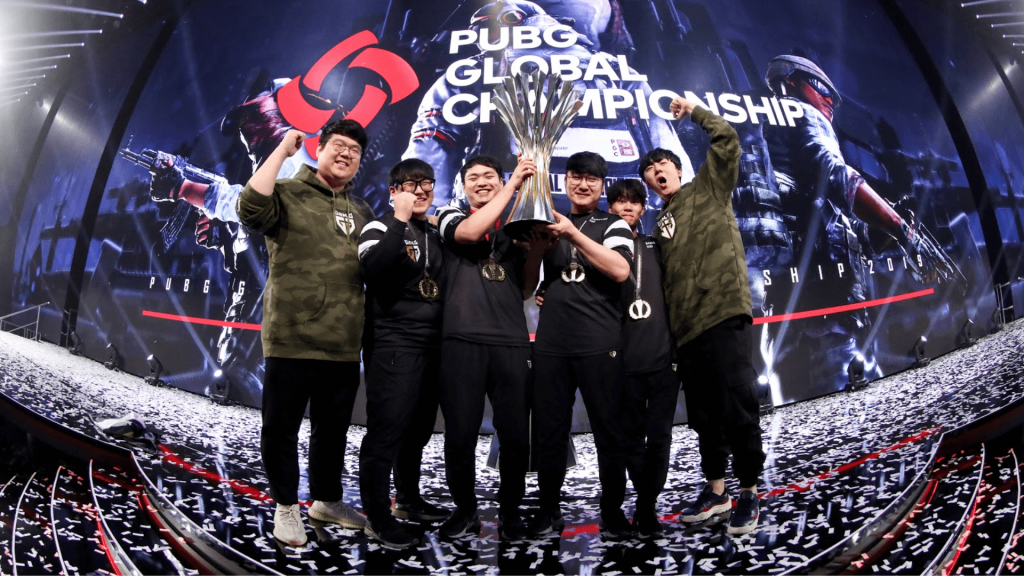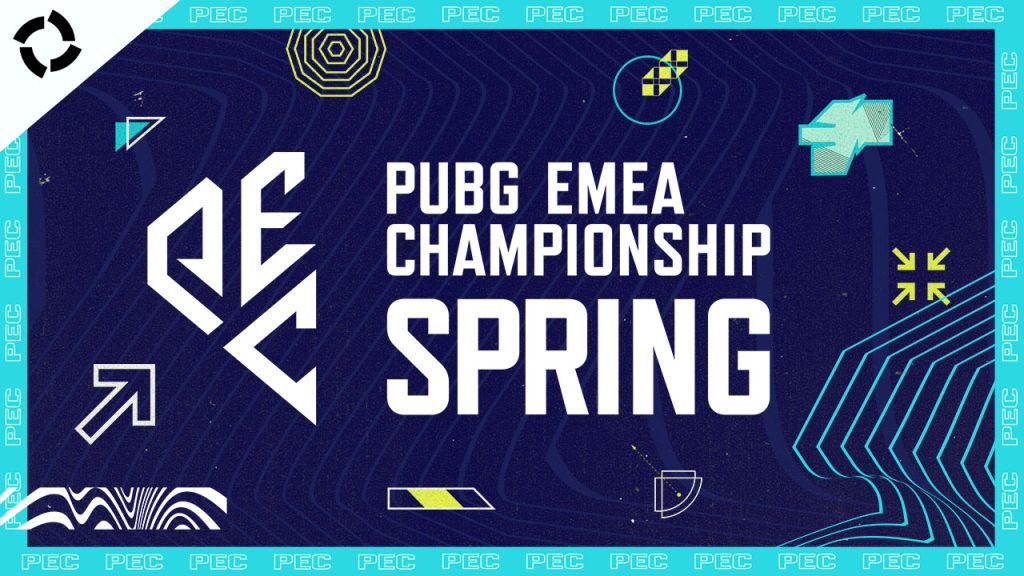
The future of esports is partner team programmes, KRAFTON and Tencent seem to believe, as PUBG Mobile joins its PC counterpart in fully embracing this new ecosystem model. The new structure, which VALORANT pioneered last year, seems to be the hot new thing thanks to its pragmatic mix of open circuits and franchise slots.
A partner programme for teams usually looks like this: in a high-level league with a set number of slots, most slots are reserved for partnered teams (meaning they will have a guaranteed place in the competition year after year) while a few will be filled on a rolling basis by the best competitors from an open, lower division.
This approach is appealing for esports organisations (at least the ones that make partner status) because, alongside permanent slots, it typically involves a form of revenue sharing, through for example the sale of in-game sale cosmetics or a cut of league revenue. At a time when many organisations are under pressure to boost revenues, that’s an appealing proposition. And unlike expensive experiments with esports franchising in the past, such as Activision Blizzard’s Overwatch League and Call of Duty League which had buy-in fees of $20m+ (~£16m), there’s no registration fee for teams in PUBG’s ecosystems.
VALORANT’s VCT model works roughly the same way — a lengthy approval process for partner teams but revenue sharing and no buy-ins — and, now, the entire PUBG esports ecosystem has decided to adopt partnership programmes on a continental and global level.
The eight teams in PUBG Esports’ Global Partner Team programme are NaVi (Ukraine); FaZe Clan, Soniqs (USA), Gen.G (South Korea); Four Angry Men, 17Gaming, Patrichor Road (China); and Twisted Minds (Saudi Arabia).
Each will be directly invited to the PUBG Global Series (PGS) — global offline events that consist of Global Partner Teams and qualified teams from regional series. The top four teams from the PGS will be guaranteed entry into the prestigious, culminating PUBG Global Championship (PGC).
With this move also comes a rebranding of the Europe region to EMEA. Teams from the Middle East & Africa have been an important part of the EMEA PUBG Esports scene for a while now, and KRAFTON has decided to honour them with a new name for the region. The main event of the EMEA region is the new PUBG EMEA Championship (PEC), which grants points towards the PGC.
“We believe that the familiarity with the term EMEA has risen dramatically, and it seemed like an opportune moment to introduce it in our rebranding to honour our important subregions of Middle East and Africa,” Atila Yesildag, Head of Esports EMEA at KRAFTON, told Esports Insider. “The new PUBG EMEA Championship will continue to be the primary route through which EMEA teams will earn PGC Points this year, in addition to a select number of third-party regional events.”
Since its inception with the PUBG Global Invitational 2018, PUBG has continued to prioritise esports like no other battle royale. The only rival back in 2019 was Fortnite, which shocked the globe with its World Championship at the Arthur Ashe Stadium, home of the US Open. After that event, though, nothing comparable came to be in the battle royale space.
The pandemic has had its effect on the scene, and 2023 will be a defining year for this sector, so KRAFTON has decided to alter its global and regional structures to optimise them for the post-COVID world. This means more global and regional LAN events and, most importantly, the introduction of the global partner teams.
For the EMEA region there will be two layers of partnerships: Global Partner Teams and Regional Partner teams. All Global Partner Teams are automatically part of the Regional Partnership programme. “PUBG EMEA Championship (PEC), our regional series, will consist of Regional Partner Teams and qualified teams from open qualifiers,” said Yesildag.
“The PUBG Global Series (PGS) will consist of Global Partner Teams and qualified teams from regional series and tournaments. And lastly, the PUBG Global Championship (PGC), the grand finale of the year, will consist of the host country team plus teams who qualify by placing in the top spots across both PGS tournaments and by gaining enough PGC Points from regional tournaments.”
It may seem like a messy web of acronyms, but KRAFTON and Tencent are confident in the model. (PUBG is published by KRAFTON, while PUBG Mobile is published by Tencent). PUBG Mobile’s esports scene has embraced the partner system as well, recently announcing the partnered teams for the Southeast Asia region which include FaZe Clan, Team Secret, Bacon Time, RRQ and several other regional powerhouses.
Asked if this system was going to be coming to Europe as well, James Yang, Director of PUBG Mobile Global Esports, told Esports Insider: “Yes, sooner than later. We really want to take into consideration regional differences so our European project may have different names, styles, and formats. Nevertheless, the partnership programme is a core pillar of our project”.

“We have a high-level relationship and strategic partnership with our mobile cousins,” Yesildag added. “Although KRAFTON owns the PUBG: BATTLEGROUNDS IP, esports is operated separately. PUBG Esports PC is within KRAFTON’s sphere, and Mobile within Tencent’s. Inherently, as both games are a part of PUBG IP, they do share a similar, realistic battle royale fanbase. From the KRAFTON side we are building our ecosystem with those fanbase similarities in mind”.
Both teams and sponsors have praised the PUBG ecosystem for its advancements in sustainability with its partner programme, though fans may not be as enthusiastic. When slots are guaranteed, competition is compromised, as the lack of promotion & relegation often dampens excitement. Yet this model may be a lifesaver for organisations that want to invest but are afraid of being subjected to the whims of competition. Yang, for his part, even suggested that by partnering with the top teams and guaranteeing their qualification, the other teams have more room to grow.
A big part of the appeal for many organisations, though, will be revenue sharing. Neither PUBG nor PUBG Mobile have publicly disclosed the exact financial arrangements with teams through their respective league’s revenue sharing deals, but if they’re anything like those offered by Riot Games — which recently handed out over $10m (~£8.42m) to teams — suddenly PUBG’s ecosystem is looking enticing.
2023 is going to be a pivotal year for esports and profitability will be the key indicator. Thanks to the revenue share of these partnership programmes, many teams in the PUBG space will look forward to higher incomes this year. But only time will tell if this approach is enough, and whether fans are driven away.


